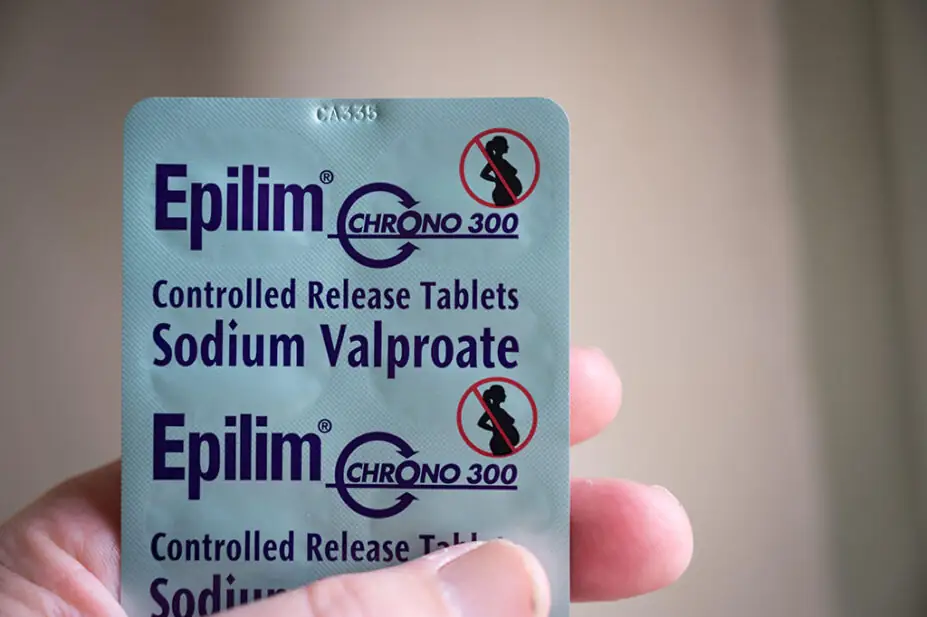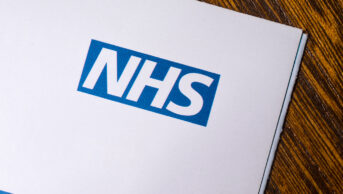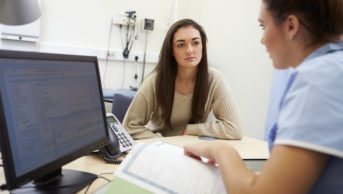
roger askew / Alamy Stock Photo
Henrietta Hughes, the patient safety commissioner for England, has recommended compensation for thousands of children harmed by valproate.
In ‘The Hughes report’, published on 7 February 2024, Hughes called on the government to set up a two-stage redress scheme: an interim scheme, which would award a possible £100,000 to each patient harmed as a result of valproate use, followed by a main scheme payout, based on the individual needs of each patient.
Hughes also highlighted the need for other forms of redress for those affected by valproate, including a dedicated housing grant, and improved access to education, benefits and support, as well as calling for an independent redress agency to be established.
In her first annual report, published in July 2023, Hughes estimated there were currently 20,000 people who were exposed to the drug in the womb, “with physical deformities and learning disabilities whose needs are not being met”.
The latest report, which also recommends redress for women harmed by the use of pelvic mesh, says that the interim payments under the redress scheme should be paid out from 2025, which would then be followed by a main scheme that would offer “more bespoke financial support to directly harmed patients based on their individual circumstances and — subject to further consultation on definitions — those indirectly harmed”.
The report does not set out exactly how much the interim payments should be, but it highlights that the median amount called for in a survey of people affected as a result of valproate treatment was £100,000.
Hughes said: “We found that those exposed to valproate need specialist care but must battle with every part of the system — diagnosis, treatment, and support services.
“This redress programme is a crucial step towards acknowledging the challenges faced by families impacted by valproate and pelvic mesh-related harm. Redress is not just financial: we support calls from experts to ensure comprehensive care and support for affected women, children and their families.”
Commenting on the announcement, Emma Murphy, co-founder of the Independent Foetal Anti-Convulsant Trust (INFACT), a support group for families affected by sodium valproate, said: “We are pleased with the patient safety commissioner supporting the families’ calls for redress. It is a huge step forward.
“The report outlines a number of options the government can now implement the redress, but this does mean our families are again having to wait for the government to decide what to do.
“INFACT strongly urges the government to act upon this report that they requested and deliver justice to Britain’s valproate children just like they did with thalidomide babies.”
Unborn babies exposed to sodium valproate are at risk of developing foetal valproate spectrum disorder — the collective name for the variety of disorders and development issues some children experience after being exposed to the drug in the womb.
These include spina bifida, autism and malformations of the brain, heart and kidneys, and, in the most severe cases, are linked with fatalities.
A report from the House of Commons Health and Social Care Select Committee, published in January 2023, called for families affected by sodium valproate to be given compensation.
It raised concerns after the government rejected recommendations made in 2021 to set up a redress scheme for people who experienced harm and have additional needs as a result of sodium valproate.
Commenting on the redress recommendations, Rebekah Smith, deputy chief executive at the charity Epilepsy Action, said: “Epilepsy Action has long supported the calls for compensation for the estimated 20,000 children that have been harmed by valproate.
“Although the government stated on a number of occasions that it was “carefully considering” a redress scheme, the recommendation wasn’t taken on board at the time.
“It was instead advised that affected families could pursue clinical negligence claims, but these would be costly, both financially and emotionally, and time consuming.
“We welcome this latest call for compensation from the PSC, and hope the government listens to the calls of patients who have been harmed, providing the long-overdue financial support they need.”
Maria Caulfield, women’s health minister, said: “I am hugely grateful to the patient safety commissioner and her team for their work on this important issue.
“The government is carefully considering the patient safety commissioner’s recommendations and will respond to the report fully, in due course.”


